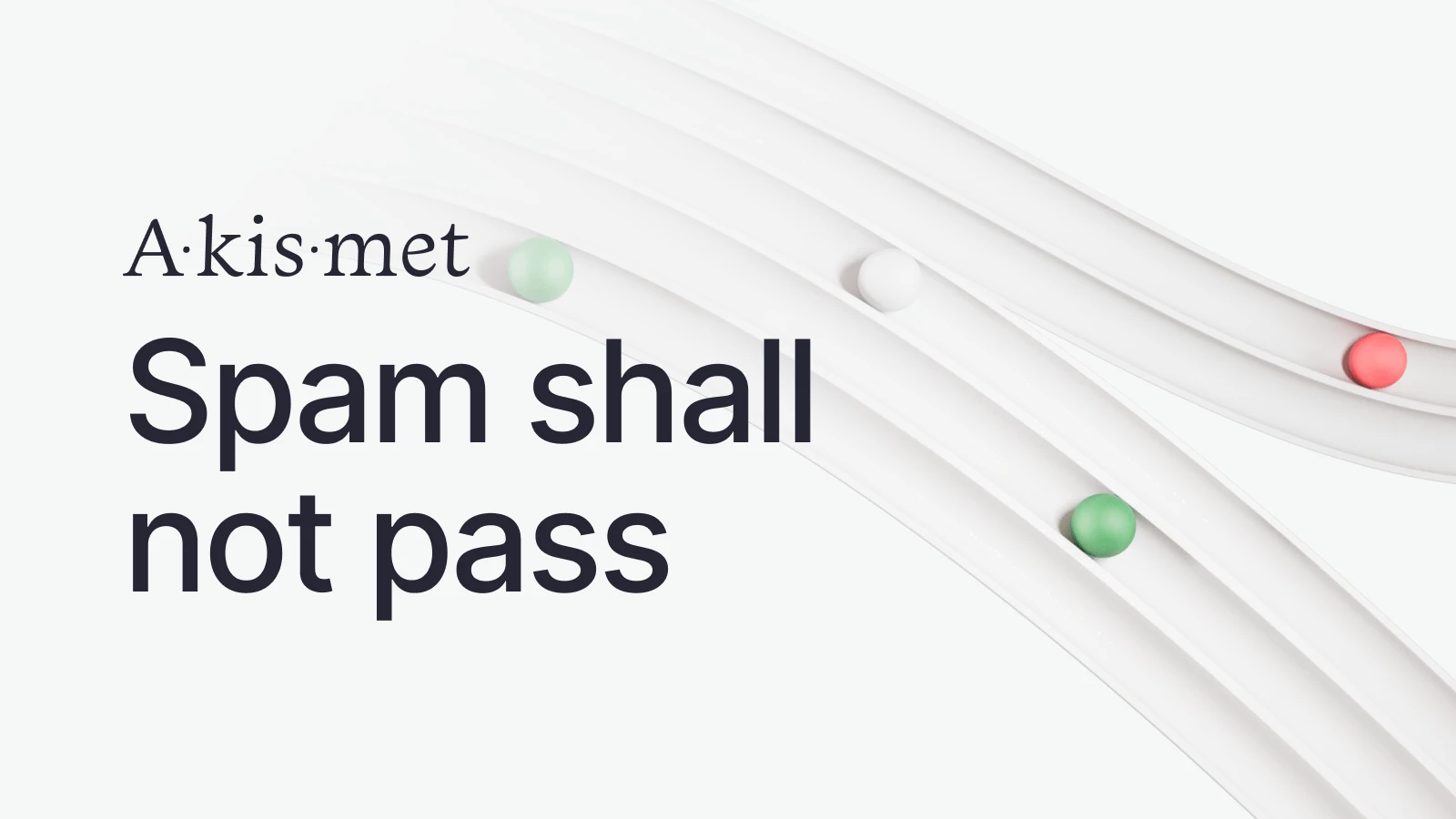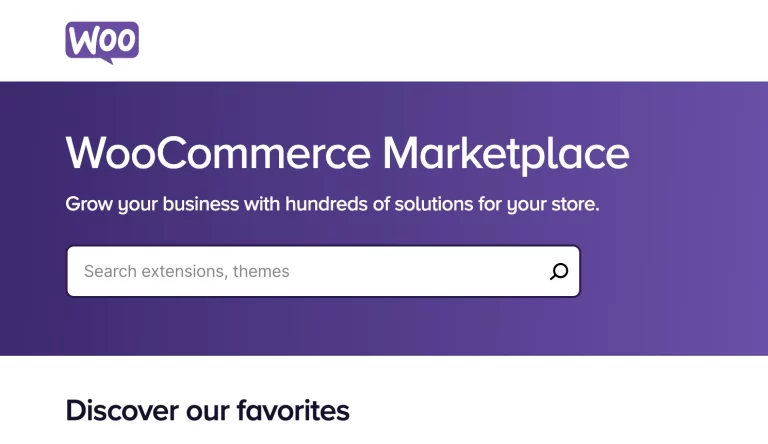Akismet Drupal Forms Revolutionize Spam Protection
In today’s digital landscape, spam has become an ever-present nuisance for website owners and users alike. Enter Akismet, an advanced AI-powered solution that filters out comment, form, and text spam with an impressive 99.99% accuracy. This powerful tool has become a go-to choice for many platforms, including Drupal. Let’s dive into how Akismet Drupal forms are changing the game for spam protection and explore the benefits of Drupal Akismet integration.
Table of Contents
The Evolution of Spam Protection
Before we delve into the specifics of Akismet Drupal forms, it’s essential to understand the evolution of spam protection. In the early days of the internet, spam was primarily limited to email. However, as websites became more interactive, spammers found new avenues to exploit, including comment sections, contact forms, and user-generated content platforms.
This shift in spam tactics necessitated more sophisticated protection methods. Traditional approaches like simple word filters and IP blocking proved inadequate against increasingly clever spammers. The need for a more intelligent, adaptive solution became apparent, paving the way for AI-powered tools like Akismet.
Akismet vs. Traditional Spam Protection Methods
To truly appreciate the power of Akismet Drupal forms, let’s compare Akismet to other common spam protection methods:
| Feature | Akismet | CAPTCHA | IP Blocking | Honeypot |
|---|---|---|---|---|
| Accuracy | 99.99% | Moderate | Low-Moderate | Moderate |
| User Experience | Seamless | Intrusive | Seamless | Seamless |
| Maintenance | Low | Low | High | Low |
| AI-powered | Yes | No | No | No |
| Cross-platform | Yes | Yes | Yes | Yes |
| Continuous Learning | Yes | No | No | No |
As we can see, Akismet stands out with its high accuracy and seamless user experience, making it an excellent choice for Drupal forms and other platforms. The Drupal Akismet combination leverages these advantages to provide robust spam protection.
Understanding Akismet Drupal Forms
Akismet Drupal forms represent the integration of Akismet’s powerful spam protection capabilities with Drupal’s robust content management system. This combination provides website owners with a formidable defense against spam while maintaining a smooth user experience for legitimate visitors. The Drupal Akismet partnership is a game-changer for site administrators looking to streamline their spam protection efforts.

How Akismet Works with Drupal
When you implement Akismet Drupal forms, the system works behind the scenes to analyze every form submission. It uses advanced machine learning algorithms to determine whether a submission is likely to be spam. Here’s a simplified breakdown of the process:
- A user submits a form on your Drupal site.
- The form data is sent to Akismet’s servers for analysis.
- Akismet’s AI compares the submission against its vast database of known spam patterns.
- Within milliseconds, Akismet returns a verdict: spam or not spam.
- If it’s not spam, the form submission is processed normally.
- If it’s spam, the submission is blocked or flagged for review, depending on your settings.
This seamless process ensures that your Drupal site remains protected without adding any friction to the user experience. The Drupal Akismet integration works tirelessly to keep your forms spam-free.
The Power of Akismet Anti-Spam Spam Protection
Akismet anti-spam spam protection is more than just a catchy phrase – it’s a comprehensive approach to keeping your website clean and secure. By leveraging its vast network of protected sites and continuously learning algorithm, Akismet provides unparalleled protection against various types of spam. When combined with Drupal, Akismet’s capabilities shine even brighter.
Types of Spam Akismet Blocks
- Comment spam: One of the most common forms of spam, where automated bots or low-paid workers flood comment sections with irrelevant or promotional content.
- Contact form spam: Spammers exploit contact forms to send unsolicited messages, often containing malicious links or phishing attempts.
- User registration spam: Bots attempt to create fake user accounts, which can be used for various malicious purposes.
- Forum spam: Similar to comment spam, but targeted at discussion forums, often aiming to promote products or services.
- Trackback spam: Abuse of the trackback system, where spammers create fake pingbacks to manipulate search engine rankings.
- Pingback spam: Similar to trackback spam, but using the pingback system to create fake links and notifications.
- Content spam in user-generated content: Spam inserted into wikis, collaborative documents, or other platforms where users can contribute content.
Akismet’s ability to adapt and learn from new spam patterns ensures that your Drupal site stays protected against these evolving threats. The Drupal Akismet combination is particularly effective at identifying and blocking these various spam types.

Harnessing the Akismet API
The Akismet API is the backbone of its integration with various platforms, including Drupal. This powerful interface allows developers to seamlessly incorporate Akismet’s spam-fighting capabilities into their applications and websites. The Drupal Akismet integration relies heavily on this robust API.
Key Features of the Akismet API
- Easy Integration: The API is designed to be developer-friendly, making it simple to implement Akismet in various environments, including Drupal. This ease of integration is one of the reasons why Drupal Akismet has become so popular among site administrators.
- Real-time Protection: It provides instant spam checking for submitted content, a crucial feature for Drupal Akismet implementations. This real-time protection ensures that spam is caught before it ever reaches your site’s database or appears on your pages.
- Customizable: Developers can fine-tune the spam detection settings to suit their specific needs, allowing for tailored Drupal Akismet solutions. This flexibility is particularly valuable for sites with unique content or user interaction patterns.
- Scalable: The API can handle high volumes of requests, making it suitable for Drupal sites of all sizes. Whether you’re running a small personal blog or a large enterprise website, Akismet can scale to meet your needs.
- Cross-platform Compatibility: It works seamlessly across different content management systems and platforms, with Drupal being a prime example. This compatibility ensures that you can maintain consistent spam protection even if you use multiple platforms.
By leveraging the Akismet API, Drupal developers can create robust spam protection solutions tailored to their specific requirements. The API’s versatility allows for deep integration with Drupal’s form system, providing comprehensive protection across all user input channels.
The Akismet Plugin: A Closer Look
While we’re focusing on Akismet Drupal forms, it’s worth noting that the Akismet plugin is widely used across various platforms, most notably WordPress. The plugin’s popularity stems from its effectiveness and ease of use, qualities that are also evident in the Drupal Akismet integration.
Key Features of the Akismet Plugin
- Automatic Spam Detection: The plugin works silently in the background, filtering out spam without user intervention. This hands-off approach saves time and reduces the administrative burden on site owners.
- Comment and Trackback Filtering: It protects both blog comments and trackbacks from spam, ensuring that your site’s discussions remain clean and relevant.
- Spam Queue: Suspicious comments are held for moderation, allowing site owners to review them before approval or deletion. This feature provides an extra layer of control and helps catch any false positives.
- Status History: The plugin maintains a record of a comment’s history, showing whether it was caught by Akismet or manually marked as spam. This historical data can be valuable for understanding spam patterns and improving detection over time.
- Discard Feature: Optionally, the most pervasive spam can be automatically discarded, saving time and server resources. This feature is particularly useful for high-traffic sites that receive large volumes of spam.
While the specific features may vary slightly for Drupal implementations, these core functionalities demonstrate the comprehensive approach Akismet takes to spam protection. The Drupal Akismet integration incorporates many of these features, adapted for the Drupal environment.

Akismet Pricing: Finding the Right Plan
Understanding Akismet pricing is crucial for website owners looking to implement this powerful spam protection solution, including those using Drupal Akismet. Akismet offers a range of plans to suit different needs and budgets, ensuring that sites of all sizes can benefit from its protection.
Akismet Pricing Tiers
- Personal: Free for personal blogs and non-commercial sites. This tier is perfect for individual bloggers or small community sites that don’t generate revenue.
- Plus: Priced at $5/month per site, this tier is suitable for small businesses and commercial sites. It offers all the features of the personal plan, plus priority support.
- Enterprise: Custom pricing for large-scale implementations and high-traffic sites. This tier offers tailored solutions and dedicated support for complex or high-volume needs.
It’s important to note that while there is a free tier, commercial sites are required to use a paid plan. This ensures that Akismet can continue to provide high-quality spam protection and maintain its infrastructure, benefiting all users, including those utilizing Drupal Akismet.
Choosing the Right Plan for Your Drupal Site
When selecting an Akismet plan for your Drupal site, consider the following factors:
- Site Traffic: Higher traffic sites generally require more robust spam protection and may benefit from the additional features of paid plans.
- Commercial Status: If your site generates revenue, you’ll need to opt for a paid plan to comply with Akismet’s terms of service.
- Support Needs: If you anticipate requiring frequent support or have complex integration needs, a paid plan with priority support may be beneficial.
- Budget: While Akismet’s pricing is competitive, it’s essential to factor in the cost as part of your overall website maintenance budget.
By carefully considering these factors, you can choose the Akismet plan that best fits your Drupal site’s needs and ensures optimal spam protection.
How to Set Up Akismet in WordPress
While our focus is on Akismet Drupal forms, it’s worth briefly discussing how to set up Akismet in WordPress, as the process is similar and can provide insights for Drupal users looking to implement Drupal Akismet.
Step-by-Step Guide to Setting Up Akismet in WordPress
- Sign up for an Akismet account: Visit the Akismet website and create an account. Choose the appropriate plan based on your needs.
- Obtain an API key: After signing up, you’ll receive an API key. This key is essential for connecting your site to the Akismet service.
- Install the Akismet plugin: In your WordPress dashboard, go to Plugins > Add New and search for “Akismet.” Click “Install Now” and then “Activate” once the installation is complete.
- Configure the plugin: Navigate to the Akismet settings page in your WordPress dashboard. Enter your API key in the designated field.
- Set up preferences: Configure your preferences for spam handling and reporting. You can choose how strictly you want Akismet to filter comments and decide whether to automatically discard the most pervasive spam.
- Test the setup: Submit a test comment or form entry to ensure that Akismet is working correctly. You can also check the Akismet stats page to see how many spam comments have been caught.
This straightforward process demonstrates the user-friendly nature of Akismet, which carries over to its Drupal implementation as well. Setting up Drupal Akismet follows a similar pattern, making it accessible for site administrators.
Implementing Akismet in Drupal
Now that we’ve covered the WordPress setup, let’s focus on how to implement Akismet in Drupal. The process is slightly different but equally straightforward.
Steps to Integrate Akismet with Drupal
- Obtain an Akismet API key: Sign up for an Akismet account and get your API key, just as you would for WordPress.
- Install the Akismet module: Download the Akismet module for Drupal from the official Drupal website. Install and enable it in your Drupal administration panel.
- Configure the module: Navigate to the Akismet configuration page in your Drupal admin panel. Enter your API key and adjust the settings according to your preferences.
- Set up form protection: Configure which forms you want Akismet to protect. This typically includes comment forms, user registration forms, and contact forms.
- Test the integration: Submit test entries to your protected forms to ensure that Akismet is working correctly. Check the Akismet logs to verify that spam is being caught.
- Monitor and adjust: Regularly review the Akismet logs and adjust settings as needed to optimize spam protection for your specific site.
By following these steps, you can effectively implement Drupal Akismet and significantly reduce spam on your site.
The Future of Spam Protection with Akismet
As we look to the future, it’s clear that Akismet will continue to play a crucial role in protecting websites from spam. The continuous learning capabilities of its AI ensure that it stays ahead of evolving spam tactics, benefiting all platforms, including Drupal Akismet implementations.

Emerging Trends in Spam Protection
- AI-Driven Analysis: Akismet’s use of advanced AI will likely become even more sophisticated, improving its already impressive accuracy. We can expect to see more nuanced spam detection that can identify even the most subtle spam attempts.
- Cross-Platform Integration: We can expect to see even tighter integration with various platforms, including enhanced support for Akismet Drupal forms. This could lead to more seamless implementations and better overall protection across different content management systems.
- User Behavior Analysis: Future versions may incorporate more advanced user behavior analysis to identify spam patterns. This could include tracking patterns in how users interact with forms and content, helping to distinguish between genuine users and spambots.
- Real-Time Threat Intelligence: Akismet may leverage its vast network to provide real-time threat intelligence to website owners. This could involve instant notifications about new spam trends or potential security threats.
- Enhanced Reporting: More detailed analytics and reporting features could help site owners better understand the spam landscape affecting their sites. This might include visual representations of spam trends, geographic data on spam sources, and predictive analytics to anticipate future spam waves.
- Machine Learning Advancements: As machine learning technologies continue to evolve, Akismet’s ability to adapt to new spam tactics will likely improve. This could result in even higher accuracy rates and fewer false positives.
- Integration with Other Security Tools: We might see Akismet integrating more closely with other website security tools, providing a more comprehensive protection suite for website owners.
These advancements will undoubtedly enhance the already powerful Drupal Akismet integration, providing even more robust protection for Drupal sites.
Best Practices for Maximizing Akismet Effectiveness
To get the most out of your Drupal Akismet implementation, consider the following best practices:
- Keep your Akismet module updated: Regularly check for and install updates to ensure you have the latest features and security patches.
- Monitor your spam logs: Regularly review the spam caught by Akismet to ensure it’s not blocking legitimate comments or submissions.
- Customize your settings: Adjust Akismet’s sensitivity settings based on your site’s specific needs and the types of spam you commonly encounter.
- Combine with other security measures: While Akismet is powerful, it’s most effective when used in conjunction with other security practices, such as strong password policies and regular software updates.
- Educate your users: Inform your site visitors about your spam protection measures to discourage spammers and reassure legitimate users.
- Use honeypot techniques: Implement honeypot fields in your forms as an additional layer of protection against automated spam bots.
- Regularly clean your database: Periodically remove old spam entries from your database to maintain optimal site performance.
By following these best practices, you can ensure that your Drupal Akismet integration operates at peak efficiency, providing the best possible protection for your site.
Conclusion: Embracing Akismet for a Spam-Free Future
In conclusion, Akismet Drupal forms represent a powerful solution for website owners looking to protect their sites from the ever-present threat of spam. With its advanced AI-powered filtering, seamless integration, and impressive 99.99% accuracy, Akismet stands out as a leader in spam protection.
By implementing Akismet, whether through Drupal forms, WordPress plugins, or other platforms, website owners can focus on creating valuable content and engaging with their audience without the constant worry of spam infiltration. The Drupal Akismet combination
GET IN TOUCH







